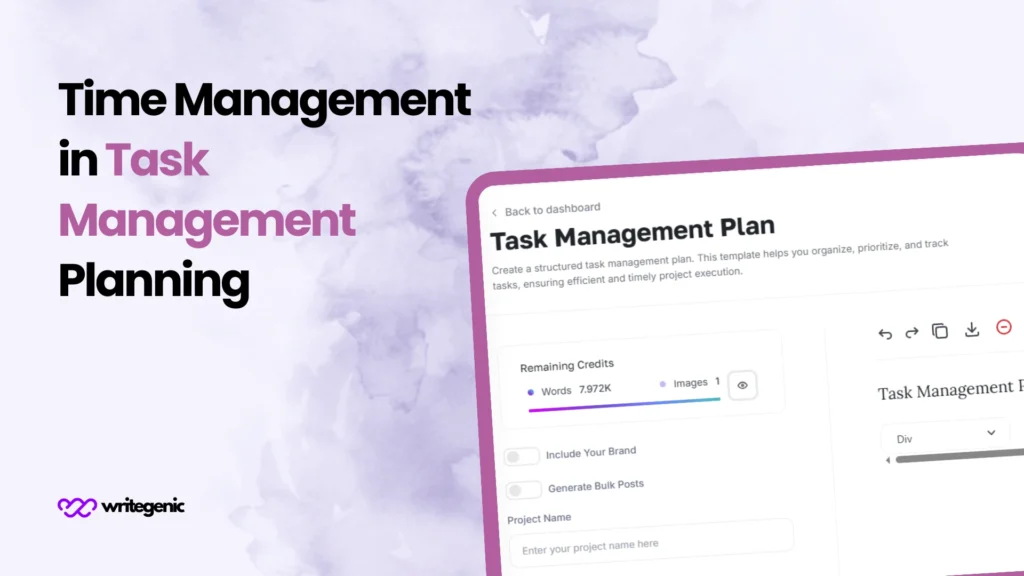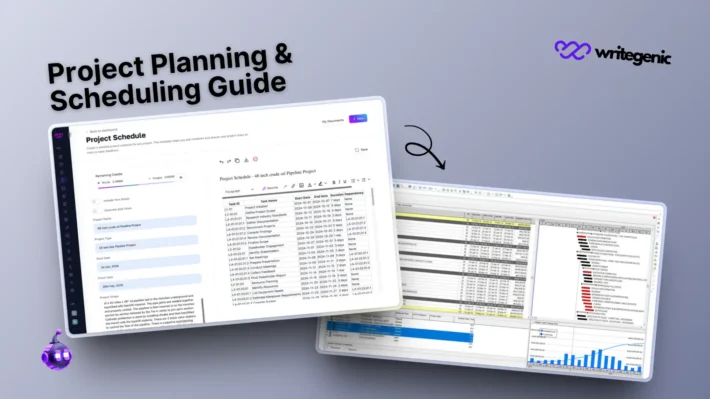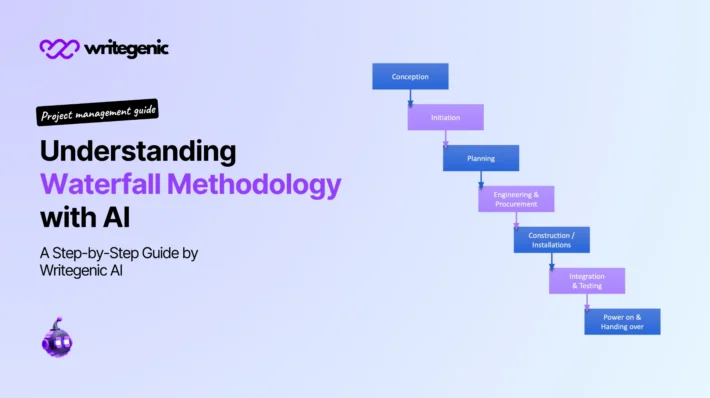Time Management in Task Planning: Tips for Success

Using Time management in task planning is essential for both individual achievements and group success. For large projects or everyday tasks, dividing your time wisely guarantees priorities are visible, deadlines are met and good results are achieved.
We’ll explain the importance of time management in task planning, describe the project time management process, offer tips to manage time better and demonstrate how project scheduling keeps everyone on the right track.
Table of Contents
The Importance of Time Management in Task Planning
When you plan something without accounting for time, it is the same as making a map without knowing how large it will be. Even though you know where your destination is, you may not have all the details of getting there as comfortably or quickly.
Boosts Productivity and Reduces Waste
Good time management prevents extra delays by keeping every team member focused on what matters most. It helps speed up work by making progress much faster.
Improves Decision-Making
Teams work more efficiently when they have proper time frames. Setting priority for work that needs to be done urgently and by a specific deadline simplifies matters and leads to better execution.
Enhances Focus and Reduces Distractions
Good time management means team members can avoid doing several tasks at once. A task allocation framework is useful because it guides people to spend their effort where it is most needed.
Minimizes Stress and Burnout
A good time plan makes sure there’s enough time for everything and enough room for surprises. This helps keep people motivated and so they can produce quality work in the long run.
Supports On-Time Project Delivery
Works that are managed by a time-based task plan tend to be finished on time, satisfy the client and still be profitable.
Overall, time management in task planning is important because it helps meet goals in a smooth and planned way.

Understanding the Project Time Management Process
A project time management process helps manage the schedule to ensure all tasks are done at the right time. This is an important aspect in project management and includes taking these steps:
1. Define Activities
Separate your project into small tasks by using a Work Breakdown Structure (WBS). As a result, your project becomes simpler to manage and evaluate.
2. Sequence Activities
Figure out which tasks rely on the others. In what order should things happen? Which duties are it possible for computers to do at the same time? It makes things happen in a sensible way.
3. Estimate Activity Durations
Estimate the duration for each job. Always take into account when your team is available, how complex the task is and if there might be delays.
4. Develop the Schedule
Use your application’s timeline and time broke down for each task to make a detailed schedule for the project.
5. Control the Schedule
Check frequently to see how things are going. Notice and handle any scheduling problems as soon as you find them.
With such a process, you can more easily maintain reasonable expectations and control your project.
5 Tips for Time Management in Task Planning
Being good at managing your time depends more on repeating helpful habits than on being perfect. These 5 tips on time management in task planning will help you plan and complete tasks more efficiently and avoid common mistakes in task planning.
Prioritize with the Eisenhower Matrix
With this method, tasks are arranged in four ways: urgent and important, important but not urgent, urgent but not important and neither. It encourages workers to focus first on important and valuable tasks.
Set SMART Goals for Every Task
Using the SMART approach to goals, you have a clear and organized way to work. All tasks become simpler to track and fit right into your planning schedule.
Apply Time-Blocking Techniques
Time blocking means you have a set schedule for doing dedicated work. It makes your free time more focused, discourages doing two activities together and helps you remain fully present for a long period.
Review and Adjust Task Plans Regularly
Taking time each day or week lets teams manage priorities, see how they are advancing and quickly tackle any problems that have appeared.
Use Project Management Tools to Stay Organized
You can keep things simple by using Trello, Asana, ClickUp or Microsoft Project. With WriteGenic AI, tasks, writing and updates are managed together, further improving team collaboration and saving everyone time.
In the table below, you’ll find five practical tips to improve time management in task planning and boost team productivity. They support the management of tasks, assist in improving attention and allow projects to be finished efficiently and by the deadlines.
| Tip # | Time Management Tip | How It Helps in Task Planning |
| 1 | Eisenhower Matrix for Prioritization | Sorts important tasks from urgent ones to help you focus on what is most urgent. |
| 2 | Set SMART Goals | Helps make unclear tasks into simple goals, enabling efficient planning and monitoring advancement. |
| 3 | Time-Blocking Techniques | Organize your day into slots where you only focus on one task at a time. |
| 4 | Daily Review and Adjustment | Regularly update your task plan by checking what tasks have been finished and which are still needed. |
| 5 | Project Management Tools | Improves organizing tasks, keeping track of due dates and teamwork by relying on automation. |
The Role of Project Scheduling in Time Management
Project scheduling is what leads your plan from mapping to the actual work you do. This schedule helps you understand when each task will happen, handle your resources effectively, and estimate timings accurately, ensuring better Time Management in Task Planning.
Aligns Team Members and Expectations
Having a detailed project schedule means everyone can see their differing responsibilities, deadlines and how they are related. Being honest about information makes the process accountable.
Prevents Bottlenecks and Delays
When activities are planned well, managers can see potential challenges and manage resources or deadlines appropriately.
Improves Resource and Budget Management
Scheduling based on specific timelines helps ensure team members, resources and finances are used efficiently.
Enhances Accountability and Performance
Members of a team can see where they are in the schedule and how much is left through progress reports, all of which encourage them to work efficiently.
Conclusion
Time management in task planning is not just a good idea—it’s essential for success. If teams keep schedules and always handle urgent matters first, positive results will happen.
When you pay attention to time, work with a good plan, rely on proven approaches and set up a strong schedule, you can not only reach your deadlines—you’ll do much more. Make use of your time; don’t let it waste you.
FAQs about Time Management in Task Planning
Why is time management important in task planning?
Time management lets you finish your work efficiently and reach all deadlines. It sorts out work according to importance, limits the stress related to planning and helps you produce more, which is why it is necessary for planning tasks successfully.
How does project scheduling help with time management?
A task timeline from scheduling keeps teams in line, makes it possible to detect problems early and makes certain that all resources are being used efficiently.
Can time management reduce project delays?
Yes. Efficient time management spots potential delays early, makes it possible to make changes early and helps keep the project on track.
What makes Writegenic AI different from other task management tools?
Writegenic AI brings together smart writing with task planning capabilities. It delivers updates in real time, advises on intelligent scheduling and provides features that make working together easier.


